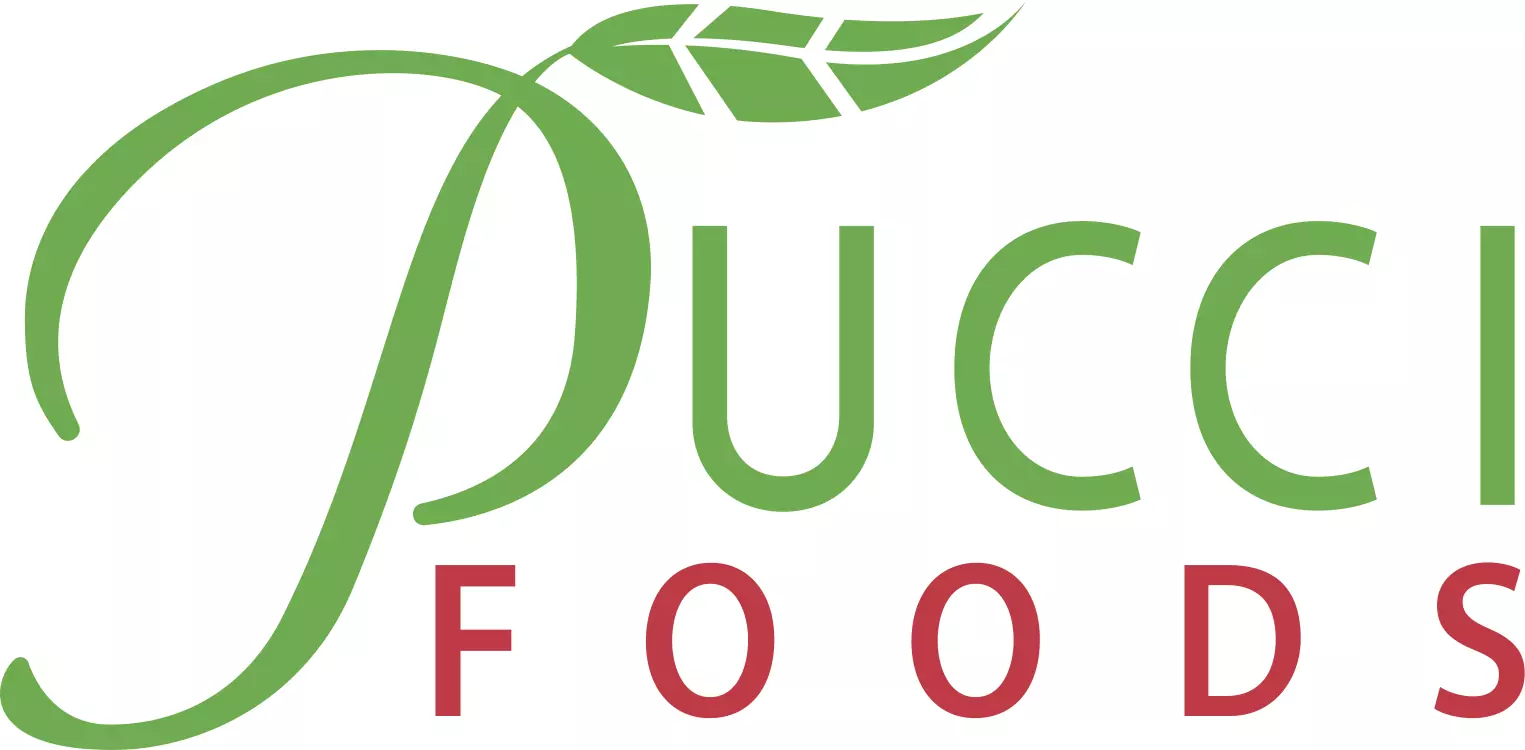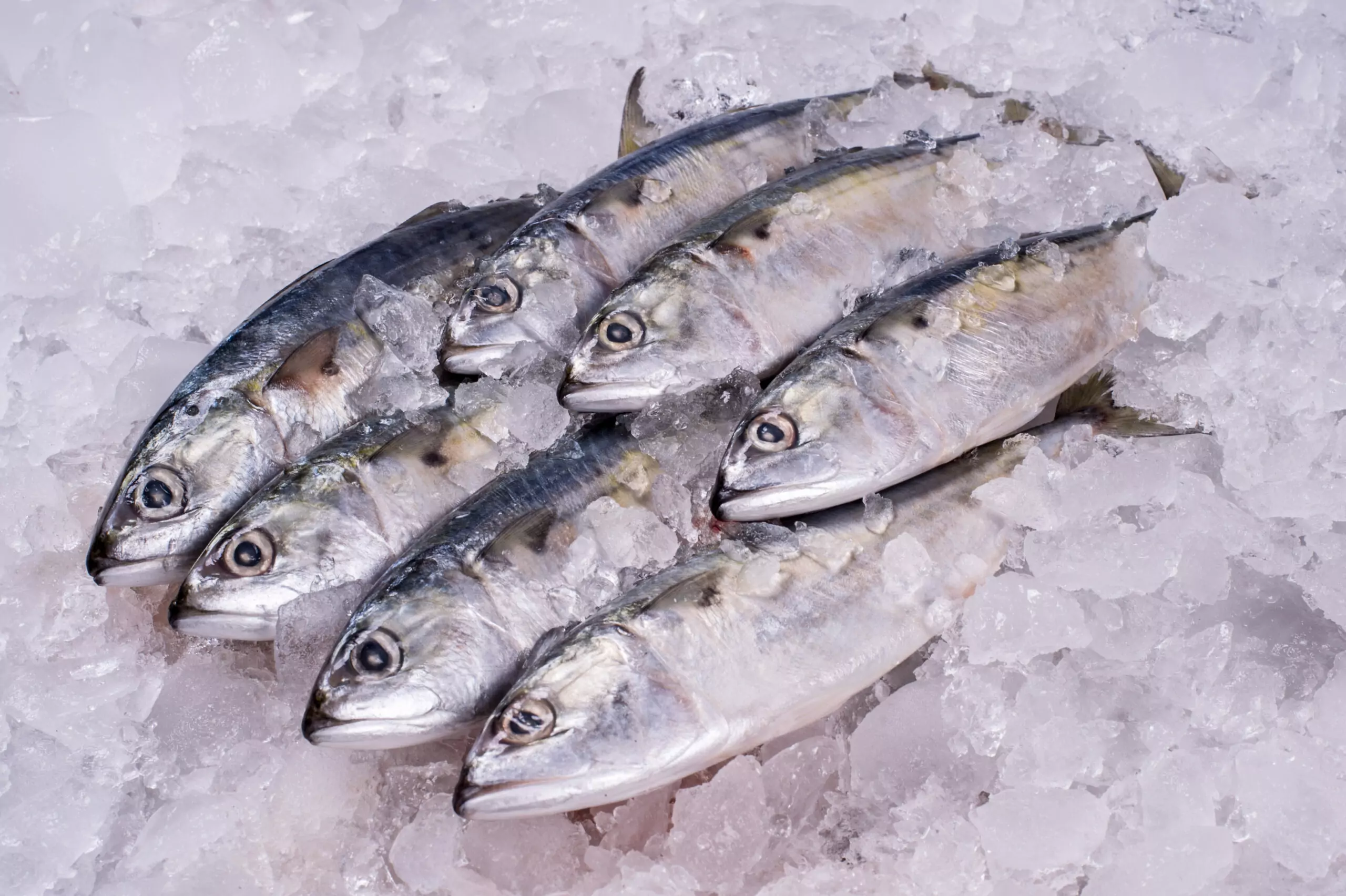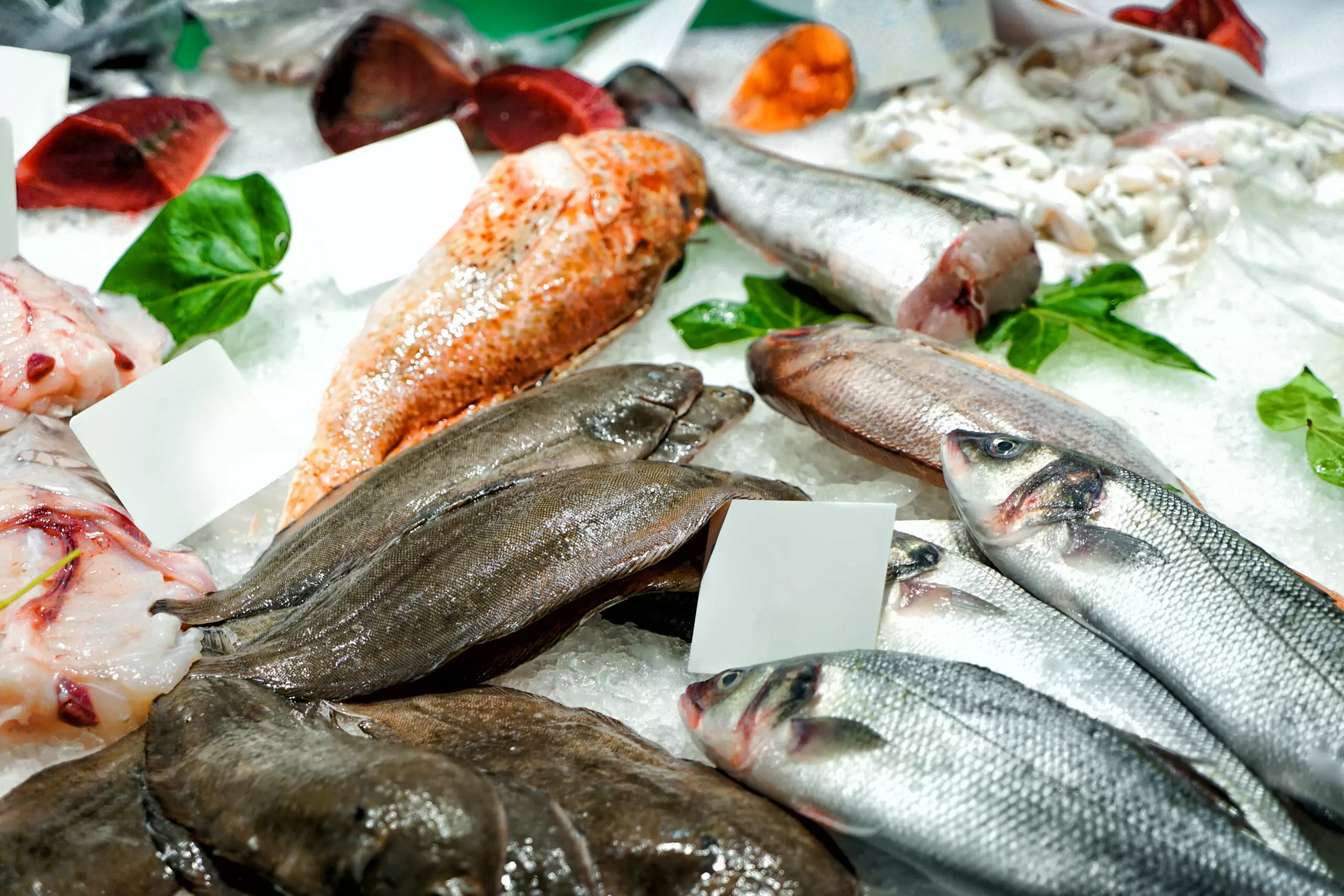
I’ve lived in the San Francisco Bay Area for a number of years, and in that time I’ve witnessed numerous small ways that The City has grown. My commute to work has slowly tacked on minutes with more cars on the road, the checkout lines at my local grocery market now creep into the aisles, and all of my friends and coworkers lament the increasingly cutthroat housing market.
San Francisco residents and leaders are always first pushing sustainable actions–the city had its first “Sustainable Seafood Week” last year–which means our seafood markets must also be leaders. A denser population means more and more customers will be walking through the doors of grocery stores and restaurants, and they will be looking for sustainable seafood. This puts the pressure on businesses to be prepared to not only meet the demand of more customers, but also to make certain our products come from sustainable fisheries and aquaculture.
I’ve lived in the San Francisco Bay Area for a number of years, and in that time I’ve witnessed numerous small ways that The City has grown. My commute to work has slowly tacked on minutes with more cars on the road, the checkout lines at my local grocery market now creep into the aisles, and all of my friends and coworkers lament the increasingly cutthroat housing market.
In the past few years more than ever, San Francisco has been attracting industry professionals and businesses like a magnet. Just between 2010 and 2015, city’s population grew by over 59,000 people or nearly 12,000 people per year. Considering SF is perched on the seven mile by seven mile tip of a peninsula, the city isn’t able to expand, it’s just becoming denser as we build structures taller to accommodate more people.
San Francisco Is growing in Eco-Mindedness As Well As Size
Our city’s growth comes with a lot of challenges (namely coming up with enough affordable places to put all the newbies!) but it also means great opportunity for the San Francisco seafood industry. People are attracted to San Francisco because of the technology revolution, but once here they find it really lives up to consistent ratings as one of the healthiest and most environmentally friendly and sustainable cities.
We were the first U.S. city to ban plastic bags in 2014, Followed by the ban of plastic bottles in 2015, and now we have a goal of having zero waste enter landfills by 2020. But our eco-friendly mindset isn’t limited to plastics and pollution; we have an obsession with organic and sustainable foods that are not only healthy for our bodies, but that also don’t harm the planet. We’re the second most organic city in the U.S., home of the country’s first USDA-certified organic fast food restaurant, and we even have a citywide sustainable food mandate.
Demand for Sustainable Seafood Is Also Growing
The global sustainable seafood market hit an incredible $11.5 billion in retail sales in 2015, accounting for 14% of the total sales of seafood–and those numbers are only going to increase alongside awareness. A global poll showed that the vast majority of consumers now want restaurants to offer more sustainable and traceable seafood.
San Francisco residents and leaders are almost always first pushing sustainable actions–the city had its first “Sustainable Seafood Week” last year–which means our seafood markets must also be leaders. A denser population means more and more customers will be walking through the doors of grocery stores and restaurants and they will be looking for sustainable seafood. This puts the pressure on businesses to be prepared to not only meet the demand of more customers, but also to make certain our products come from sustainable fisheries and aquaculture.
Reliable Resources for Sustainability
It can be pretty tough to determine what is sustainable and what is not when it comes to seafood, not to mention very time-consuming. Eighty percent of global fisheries are fully exploited or overexploited, so sustainable sources must be sought out with care–especially since seafood fraud, mislabeling, and misinformation plagues the industry. Fortunately, seafood industry professionals in San Francisco and the Bay Area have several reliable resources to consult:
Marine Stewardship Council
First and foremost, always purchase your seafood from a distributor certified by the Marine Stewardship Council. This nonprofit organization sets and maintains credible standards for sustainable wild fishing and seafood traceability. Seafood from certified fisheries carries a blue MSC ecolabel and the council also certifies retailers, restaurants, and seafood brands. When you buy from MSC-certified distributors, you and your customers can trust that your seafood has been assessed for high quality, traceability, and sustainability.
FishWise
FishWise is a terrific resource for retailers and restaurants–they are a consulting agency that works with seafood professionals to identify and address the environmental concerns surrounding their seafood products. They focus on providing businesses not just with information about sustainability, but also with effective ways to do consumer outreach, handle customer inquiries, and deliver strong sales. They offer a variety of services for your business which you can check out on their website.
Seafood Watch
The Monterey Bay Aquarium’s Seafood Watch Program is a simple method for customers to make sure they’re choosing sustainable seafood. Seafood Watch has a rigorous set of standards which they use to “score” seafood based on a traffic-signal type system of green, yellow, and red choices. When choosing your wholesale seafood, be sure to double check with Seafood Watch that it’s not on the red list. Build a connection with your customers by offering free Seafood Watch cards at your seafood counter, or recommend that they download the user-friendly Seafood Watch app. You can even become a business partner by committing to sell only environmentally responsible seafood, showing customers your business is serious about protecting fish populations.
The growth of San Francisco’s resident population is an exciting opportunity for the wholesale seafood industry to develop stronger standards for our products. By staying informed and by purchasing only sustainable seafood, we can show our growing base of customers that we care about them and about the oceans. Going fully sustainable may be daunting at first, but you’ll see profits rise as more customers realize they can trust you and your seafood products. Be sure to contact Marine Stewardship Council-certified distributors, such as Pucci Foods, to find the highest quality and most sustainable seafood.


